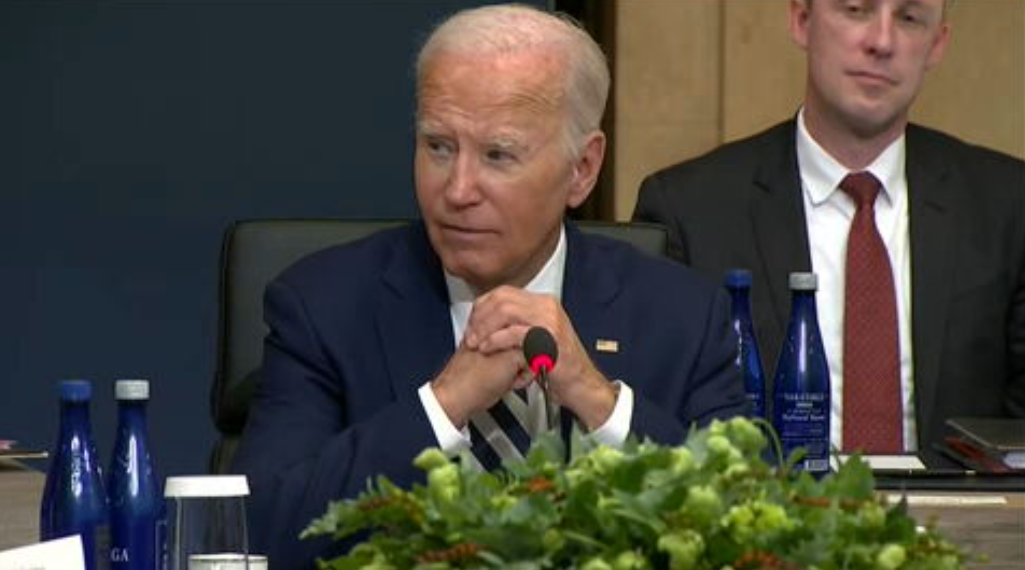Temporary Protected Status Extension for Salvadorans
In a recent announcement from the Department of Homeland Security, over 200,000 Salvadorans residing in the United States for more than two decades will be granted the opportunity to extend their legal status for an additional 18 months. This extension is part of one of the final immigration bills proposed by the Biden administration, highlighting an ongoing commitment to support individuals under Temporary Protected Status (TPS). This decision underscores the administration’s shift towards a more inclusive policy, significantly contrasting with the stringent immigration measures that characterized the previous administration.
The Context of Temporary Protected Status
Temporary Protected Status was established by Congress in 1990 to shield individuals from deportation due to conditions in their home countries that render them unsafe or untenable, such as natural disasters or civil unrest. TPS allows qualifying individuals to live and work legally in the United States for up to 18 months, with the possibility of extensions based on the continuing circumstances in their home countries. Currently, around one million migrants from 17 different countries, including Venezuela, Haiti, Honduras, Nicaragua, Afghanistan, Sudan, and Lebanon, benefit from this program.
Biden Administration’s Proactive Approach
Since assuming office, the Biden administration has significantly broadened the scope of TPS, enabling nearly a million people to qualify for protections that were uncertain during the Trump presidency. Under Trump’s leadership, TPS faced a more restrictive environment where efforts were made to curtail protections and pursue mass deportations. The contrasting approaches of these two administrations highlight an ongoing debate regarding immigration reform and humanitarian policies in the U.S.
Impact of Economic Contributions from Salvadorans
One crucial aspect of the TPS extension is the economic impact that Salvadorans have on both their home country and the U.S. A significant portion of the Salvadoran community sends remittances back home, with estimates indicating that this amounts to approximately $7.5 billion annually. These financial contributions play a critical role in stabilizing the Salvadoran economy, and ending TPS could have severe repercussions for both the migrants and the economic health of El Salvador.
El Salvador’s Current Political Landscape
The political environment in El Salvador is also a factor in the ongoing discussion surrounding TPS. President Nayib Bukele, who has implemented stringent security measures to mitigate gang violence, has gained considerable popularity due to his efforts. In response to a spike in gang-related homicides, the Salvadoran government instituted a “state of exception” in March 2022, expanding police powers and leading to mass arrests. While these measures have resulted in a significant decrease in homicide rates, they have also raised concerns regarding human rights violations and the due process of law.
Personal Stories Behind the Policy
For many individuals like Jose Palma, the extension of TPS represents hope and stability. Palma, who has lived in the United States since 1998, emphasizes how vital this extension is for him as the sole family member with temporary status. His American-born children and permanent resident wife stand to face significant challenges were he to lose his legal status. The ability to continue contributing to his family’s well-being while maintaining his legal status brings him a sense of peace and security, which many other beneficiaries share.
Conclusion
The recent extension of Temporary Protected Status for Salvadorans illustrates a shifting tide in U.S. immigration policy, showcasing a commitment to assisting vulnerable populations. As more than 200,000 individuals have received a much-needed reprieve, the long-term effects of such policies on both personal lives and U.S.-foreign relations continue to unfold. Moving forward, the future of TPS may depend on the political landscape both domestically and in the countries from which these individuals hail.
FAQs
What is Temporary Protected Status (TPS)?
Temporary Protected Status (TPS) is a designation granted by the U.S. government that protects eligible individuals from deportation due to unsafe conditions in their home countries, allowing them to live and work legally in the U.S. for a specified period.
How long can TPS be extended?
TPS can be granted for an initial period of up to 18 months and may be renewed based on the ongoing conditions in the individual’s home country.
Who benefits from the TPS extension of Salvadorans?
Over 200,000 Salvadorans living in the U.S. for more than 20 years will be able to maintain their legal status through the extension of TPS, significantly affecting their families and communities.
What impact do remittances from Salvadorans have on El Salvador?
The remittances sent by Salvadorans amount to about $7.5 billion per year, which is crucial for the Salvadoran economy and the livelihoods of many families in the country.
What is the current political situation in El Salvador?
President Nayib Bukele has implemented strict measures to combat gang violence in El Salvador, leading to a significant decrease in murder rates, although these measures have raised concerns regarding civil liberties and due process.

